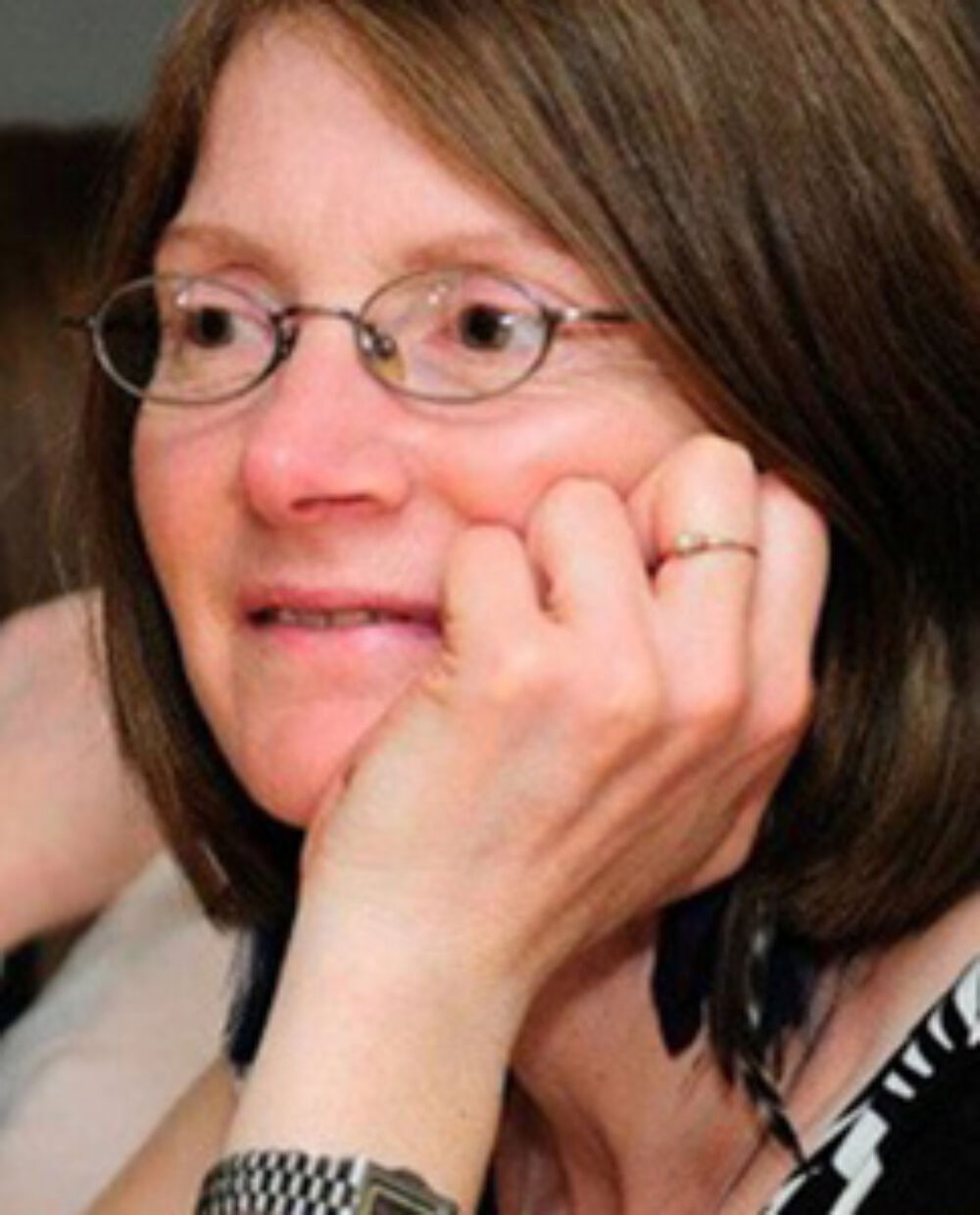The following is a conversation that took place on the radio show At the Edge of Canada: Indigenous Research between the host, Dr. Robert-Falcon Ouellette, and Dr. Jennifer Reid.
First broadcast on April 17, 2012, the two talk about Reid’s book Louis Riel and the Creation of Modern Canada: Mythic Discourse in the Post-Colonial State. This interview was broadcast by the UMFM radio station and the podcast is hosted at www.attheedgeofcanada.blogspot.com. The interview was transcribed by Bryan Tordon and published in Vol 2.2 of Aboriginal Policy Studies.
Robert: This book looks at the mythic significance that surrounds Louis Riel and explores the search for Canadian national identity. I was wondering if you could just talk a bit about the premise of the book.

Jennifer: There are a few things going on simultaneously in the book. One of the basic things that I’m interested in is how, in a broader sense, the notion of the nation state doesn’t work very well with post-colonial states. It’s a European construction, and with a nation state you need to have broad geopolitical notions of identity that rest on traditional things like religion, language, or ethnicity. This is what makes a nation, but in post-colonial states we lack those traditional markers for community. We don’t have a single nation in any post-colonial state. That’s the nature of colonialism: it mishmashes everybody together. So I started thinking about how, maybe, identity in this context has to reflect disjunctures and tensions rather than commonalities. Immediately, my long-term interest in Riel just kind of congealed around that. I thought about the constructions of Riel by so many different communities, and the so many different Riels that are out there, and it occurred to me that perhaps he could be one of those linchpins for thinking about identity in terms of disjuncture and tension. So that’s what it came out of.
Robert: Because you also write about the métissage and the creolization of the Canadian state.
Jennifer: Yes, I think that the fundamental thing we have to come to terms with in the modern period is that post-colonial states, the Atlantic world—essentially Africa, North America, South America – these states are incredibly variegated in terms of culture and we already know that we have different ways of talking about that. The US has its melting pot, and we want a mosaic, but we’re all trying to find a way to—of talking about the fact that we don’t have that unity. I like the idea of métissage partly because we get the term from an actual group of people who have lived through these tensions and have created something absolutely new in the New World. And Métis peoples hearken to a process, not of struggling to maintain discreet Old World nationalities, but of creating something very new. I think that’s what we have; we just haven’t created a language to talk about that.
Robert: You talk about how the Métis are between two worlds, and how the Royal Commission for Aboriginal Peoples, when they came up with the definition of the Métis people, defined them as a distinct Aboriginal people; this was in 1996, but they also specified that they were neither First Nations nor Status. You bring up the idea that historians have always tried to situate the Métis people as between savagery and civilization, which they’ve never actually been one or the other, they’ve always tried to be in the middle of something. You were pointing out how perhaps this was and are false premises for looking at the Métis people.
Jennifer: Yes, I think in terms of Métis peoples, and more generally in terms of the New World peoples, the idea that you can use old categories for talking about new people is, first of all, frankly erroneous. Secondly, it clouds the reality of people in the situation. If you can find a an established category in which to place a group of people like the Métis you don’t have to confront the fact that they reflect something very, very new. There have to be new languages to talk about not only who they are, but who and what we are. There’s nothing necessarily wrong with remaining hyphenated people – English-Canadian, French-Canadian, Polish-Canadian, Italian-Canadian – but this can deflect our attention from the utter novelty of our situation, which is where its brilliance emerges. Métis peoples haven’t had the option off falling back on a hyphenated identity, and that fact tells us a lot about postcolonial culture.
Robert: Well, Jennifer, could I just have your final thoughts on your book?
Jennifer: I think what I tried to do was raise some questions that would pertain to Canada specifically, to North America and to the New World more broadly – questions that people will pick up on and expand on to think about how we can use the idea of métissage to talk more properly about the world we live in. I think that if you have the right words to talk about the world, you might start acting properly in the world. That’s the thing that we lack in the modern period. We hide behind discourses that sometimes don’t allow us to be able to be realistically in our situation and to fully deal with the issues that are confronting us. So that’s what I hoped the book would do, to make a small splash in terms of having people think about some of the issues and try to expand them.
Aboriginal Policy Studies is an online, peer-reviewed and multidisciplinary journal that publishes original, scholarly, and policy-relevant research on issues relevant to Métis, non-status Indians and urban Aboriginal people in Canada. For more information, please contact them at [email protected] or visit their website.
Posted by Jennifer Reid
March 13, 2013
Categorized as Author Posts
Tagged history, louis riel, metis, politics
Spring Launches (mostly) Confirmed! Imagining Winnipeg gets FOUR nominations!
